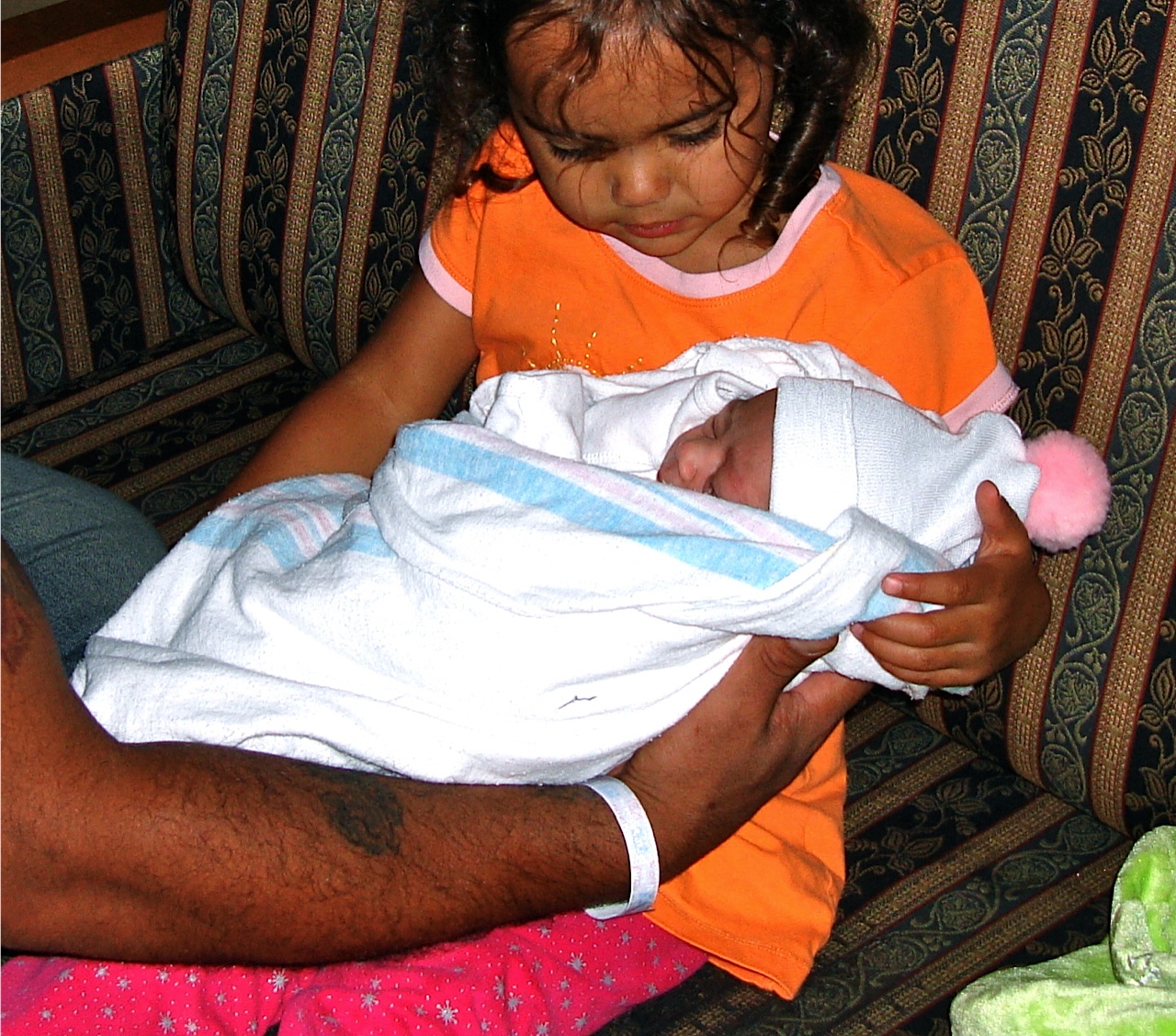
Every human being starts out completely and utterly helpless. Everyone! Pictured is a big sister supporting her little sister who is being supported by her dad. Every successful mission requires being supported.
This essential support is called compassion. No matter where you go in the world and no matter what you do, survival depends on an element of compassion. Communities beneficially working together sustain life.
A model for compassion is seen in the work of Émile Durkheim. Durkheim studied suicide and determined people did not want to be alive when they had weak bonds or didn’t feel connected to each other, they didn’t feel their needs were important to the community, they lacked aspirations, or their passions were stymied by oppression. If you feel like giving up, test your family or community connections. Are you being supported and supportive? Giving and receiving compassion will jump start and assure the success of your mission.
Ludwig von Bertalanffy expanded on Durkheim’s work. He posited that everything or everyone connects in systems. For a system to survive, every relationship must be beneficial. As a biologist, Bertalanffy studied ponds and found when each element of the pond worked with each of the other elements, the living things thrived. However, if one element went missing, the pond could become lethal. For instance, if the sun was blocked or fresh rainwater was prevented from running into the pond, the living creatures were affected and eventually died. Not just ponds are in a system. Communities of people, cultures, groups of all kinds are systems. A more recent example of this concept is Hillary Rodham Clinton’s model in her book, It Takes a Village: And Other Lessons Children Teach Us. She writes, “Children will thrive only if their families thrive and if the whole of society cares enough to provide for them.”
If you find your self or mission waning, make sure there is a systemic component of compassion. Make sure there is advocacy and activism to preserve or create elements that are beneficial to all. Joseph Barber Lightfoot announced there is a secondary gain from incorporating compassion into your mission. He wrote, “Try to help others. Consult their weaknesses, relieve their maladies; strive to raise them up, and by so doing you will most effectually raise yourself up also.”
Quote
“Compassion is sometimes the fatal capacity for feeling what it is like to live inside somebody else’s skin. It is the knowledge that there can never really be any peace and joy for me until there is peace and joy finally for you too.
- Frederick Buechner, American Writer and Theologian
Activity
Activity: A Love Letter
Materials: Paper and pen or pencil
Time: Ten minutes for writing and ten minutes per person for discussing.
Instruction:
1. Start with your earliest memories, think about times when you were compassionate towards someone else, and jot down some notes about these memories.
2. Write a love letter thanking yourself for the specific times you were compassionate. Be specific and give some details about what this meant to you and the people you helped. Start the letter, “Dear (Your Name), I remember the time you ….”
3. Read your letter to the group or to a friend or family member.
4. For extra credit, think about ways you could be more compassionate today or in the future with an upcoming challenge.
Affirmation
I am compassionate, so I can ....... We'd like to hear your story about being compassionate. Write your story below.
- « Previous lesson: In control: I can manage what comes my way
- » Next lesson: A Good Confidante: I know when to be quiet